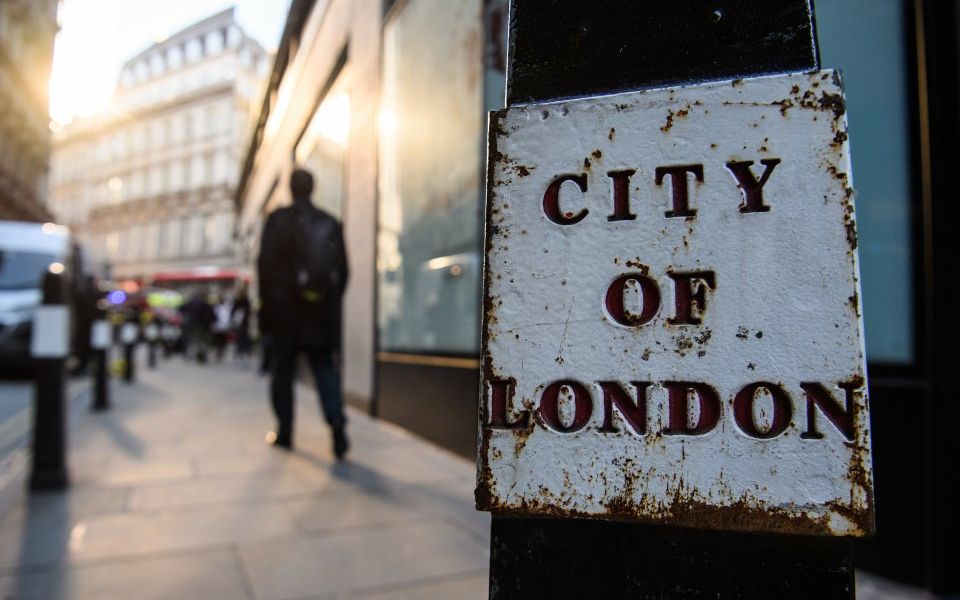Don’t play FTSE with your reputation

FIGURES FROM THE High Pay Centre recently revealed that salaries for the highest-paid chief executives in the UK have risen six times faster than that of the nation’s workers.
This story isn’t new – earlier this year I remember reading how FTSE 100 bosses earned more in three days than a typical worker will receive in an entire year – and people are rightly angry about what seems to be a feeding frenzy at the top of the food chain while increasing numbers are having to rely on food banks.
What these CEOs fail to realise, however, is that these stories are more than just ‘bad press’ – they are incredibly damaging and can have real consequences for a company’s share price.
To explain, even as recently as two decades ago, a chief executive could choose which information to release. He could write something for the shareholders’ newsletter, something else for the customer newsletter, something else for the staff newsletter, something else for the regulator, and then something else for the media.
It was possible not only to optimise the message for each particular audience, but he could also keep other things secret. No one would ever find out about his affair with Mr So-and-so’s wife down the road, what he really thinks about his product (the so-called “Ratner Effect”) – or his salary details.
However, thanks to social media – and specifically the ability to share data – CEOs aren’t able to segment audiences any more, and they certainly can’t control what information makes it into the public domain. So, if you are a chief executive on Twitter today, everyone, including employees, regulators, journalists, customers and your competition, has access to that information.
This has completely revolutionised the role of chief executives in the modern media age and placed much more emphasis on the importance of maintaining a healthy reputation. Armed with these facts, savvy spenders can make an assessment of how ethical a business is when deciding whether they're going to support it or not – including the behaviour of its top executives.
Anyone who has seen hashtags such as #BoycottUnited, #BoycottStarbucks or #BoycottUber on Twitter will know what happens when the virtual pitchforks and torches come out, and how bad news does indeed travel fast. If they don't pay attention to this, they're building their reputation on sand.
Consequently, when a CEO makes a mistake, particularly one of an ethical nature – such as taking a massive bonus while customers are struggling with the effects of austerity – the resulting reputational crisis can affect the share price, and even the confidence people have in the board. If Twitter had existed when Gerald Ratner dropped himself in it in 1991, the company would have been dead in the water within hours, instead of weeks.
This is why, more than ever, chief executives need to behave ethically – not just because it’s the right thing to do, but also because, thanks to the power of social media, the consequences for not doing so can be swift.
